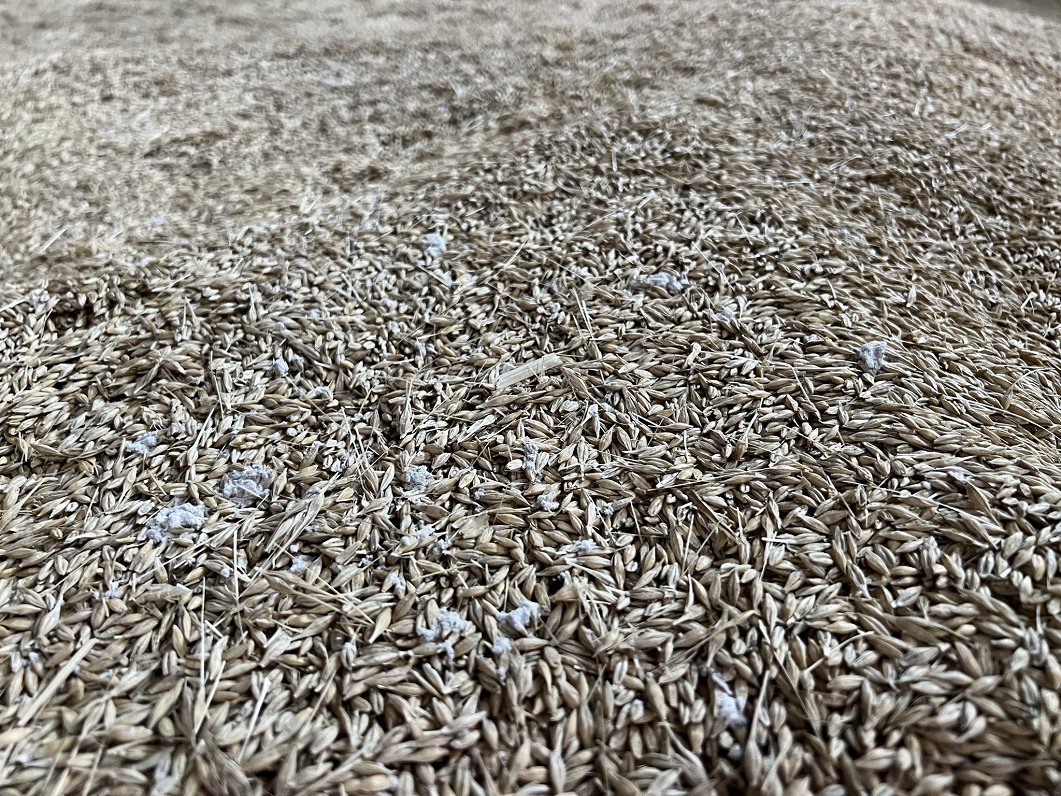More than 11 million tons of grain have been exported from Ukraine; the least developed countries still need help
The so-called “wheat deal” was concluded on July 22 in Istanbul. At that time, Ukraine and Russia signed separate agreements with Turkey and the United Nations on the resumption of grain exports from Ukrainian Black Sea ports. The initial duration of the agreement was 120 days, i.e. until November 19 . Although Russia recently withdrew from this agreement and threatened not to renew its membership, the agreement was last week extended for another four months. The export of crops and agricultural products from Ukraine, both before July 22 and still today, is very important for several countries in Asia, Africa and the Middle East. Ukraine is one of the largest grain exporters in the world. The extent of the agreement and the importance of grain exports were highlighted by Rebecca Grinspan, secretary general of the United Nations Conference on Trade and Development.
“We are very pleased with the extension of the Black Sea Grains Initiative – it is great news for the world, for the food insecurity crisis we are going through. It is a major contribution to the problem. The goal is really to ease the pain that many developing countries are experiencing in terms of the food and fertilizer, energy and financial crisis we are currently experiencing, which the Secretary-General has called a perfect storm,” said Grinspan.
The agreement provides for the export of grain and other foodstuffs through three Ukrainian ports: the ports of Odessa and Chornomorsk, as well as the “Pivdennij” port.
The first ship left the port of Odessa on August 1st. According to the “grain deal”, more than 11 million tons of grain and agricultural products were exported from Ukraine by more than 430 ships. Even the President of Ukraine Volodymyr Zelenskiy commented on the scale of shipments a couple of weeks ago in his evening speech.
“More than 10 million tons of food products have been exported across our borders with the European Union and through the Danube ports. Thanks to the Black Sea Grain Initiative, we also export 10 million tons of grain by sea. This is an important contribution to global food security,” Zelenskiy said.
A November report from the US Department of Agriculture found that Ukraine’s grain exports through the Grain Corridor have increased but are still lower than last year.
Grain export from Ukraine is highly seasonal. Exports peak shortly after harvests of wheat and barley, which are harvested in July, and corn in September. Mostly maize was exported through this Black Sea corridor. According to Ukrainian trade data, maize exports in all modes between July and November 8 more than doubled year-on-year, while grain exports are less than half the levels previous. The export of barley is one third less than last year.
UN Secretary-General António Guterres stressed at the G20 summit that positive changes are already visible thanks to the agreement: “The Black Sea Grain Initiative has already helped stabilize markets and lower food prices. Every percentage reduces hunger and save lives”.
Food and Agriculture Organization (FAO) senior economist Upali Galketi Aratchilage said food prices have fallen, but not everywhere that means immediate positive changes.
“Global food prices, as measured by the FAO Food Price Index, have declined from their highs in early this year, peaking in March. However, we have seen that this has not yet translated into a better access to food for many people or lower retail prices,” Aratchilage said.
The shipments arrive in different parts of the world. Some of the food went to the world’s poorest countries, and some was sent to countries where, according to the United Nations humanitarian aid programme, people are at risk of starvation. While wheat goes to countries like Oman, Algeria, Ethiopia and others, UN data shows that most of Ukraine’s food exports over the past three months have gone to Spain, Turkey, Italy, China and the Netherlands. In September, the UN estimated that just under 30% had gone to low-income countries, while 44% had been sent to high-income countries. Before February, the largest importers of Ukrainian wheat were Egypt, Indonesia and Bangladesh. Continuation of the “wheat deal” is particularly crucial for Africa, such as Tunisia and Egypt, according to German analysts, who say the loss of supplies would be devastating for many countries on the continent in the long run.
CONTEXT:
The “wheat deal” between Russia and Ukraine was concluded on July 22, through the mediation of the UN and Turkey. The first ship under the agreement left the port of Odessa on August 1st. Ukraine is one of the largest grain exporters in the world. Due to the Russian military invasion, millions of tons of food have accumulated in Black Sea ports. The UN has warned of the risk of famine, especially in poor countries in Africa and Asia, if there are no supplies.
Highlight the text and press Ctrl+Enterto send the editor the text fragment to be corrected!
Highlight the text and press on Report a bug buttons to send the text fragment to be corrected to the editor!


